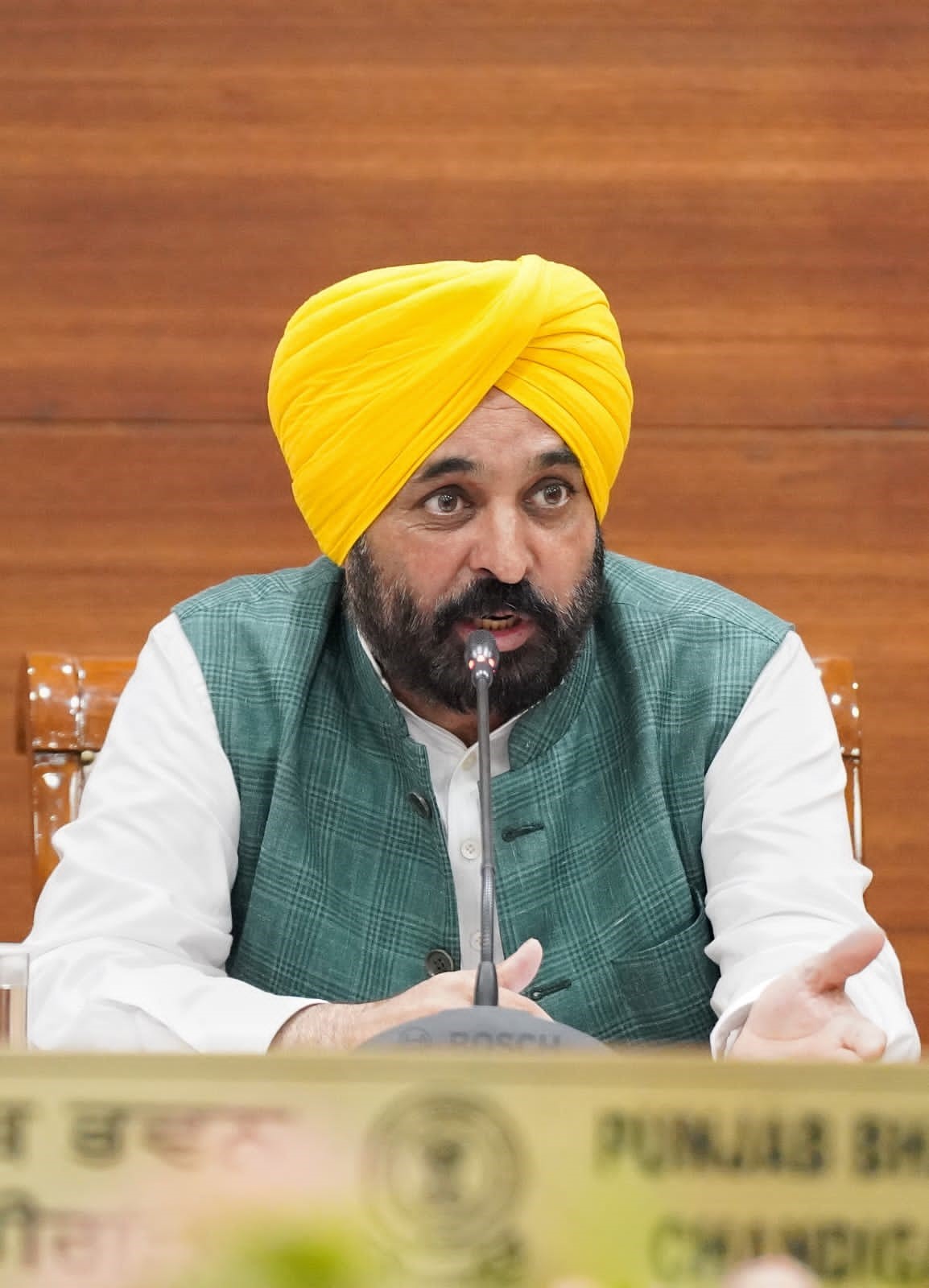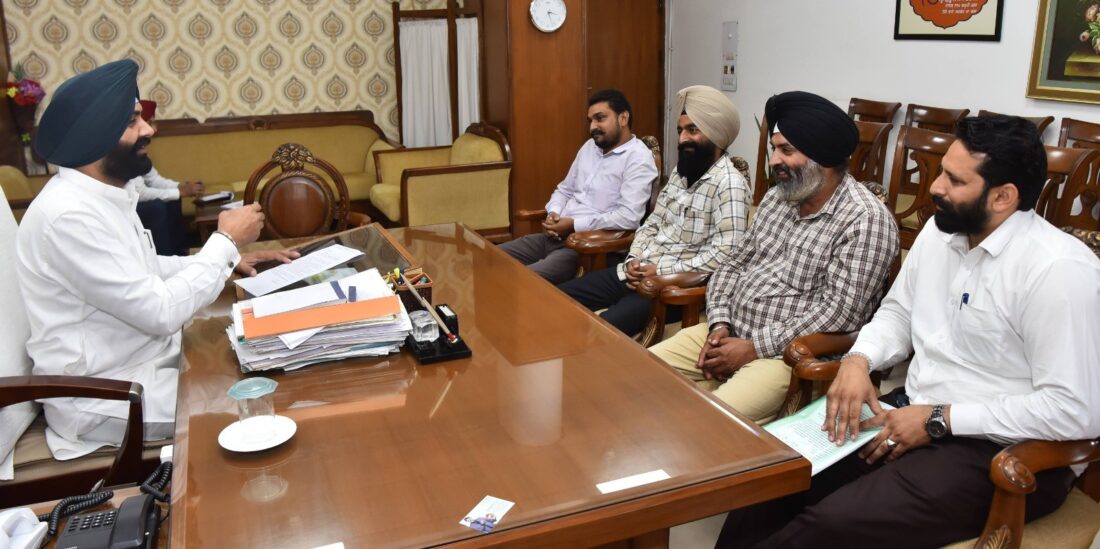North News
Chandigarh, October 6
Punjab Chief Minister Bhagwant Mann on Sunday said that the launch of a new crop residue management loan scheme aimed at reducing environmental pollution caused by paddy straw burning. The initiative seeks to provide farmers with easier access to rural credit to purchase machinery for sustainable crop residue management.
The scheme has been rolled out across the State Cooperative Bank in Chandigarh and 802 district cooperative bank branches. “Farmers can take advantage of this scheme through a simple and easy process,” Mann said.
He emphasized that Primary Agriculture Cooperative Societies (PACs) in villages, along with progressive farmers, can benefit from the program. Under the Common Hiring Centre (CHC) scheme, PACs and other entities will receive an 80% subsidy on the purchase of agricultural equipment. Progressive farmers, meanwhile, will be eligible for a 50% subsidy on tools such as balers and superseeders.
Mann noted that this scheme is part of a broader effort to reduce environmental damage caused by stubble burning. “This initiative will not only help curb pollution but also encourage farmers to embrace better crop residue management practices,” he added.
The Chief Minister highlighted the importance of building an industry-farmer partnership to support bioenergy plants, noting that the new loan scheme aims to establish an agri-residue biomass supply chain. This supply chain would help industries like power generation units, compressed biogas (CBG) plants, and 2G ethanol factories secure a steady supply of feedstock while benefiting the biofuel industry as a whole.
Mann explained that the supply chain will be established through a cluster-based approach near industries utilizing paddy straw. Farmers and supply chain beneficiaries will collect, densify, and store the straw, delivering it to industries as needed.
The loan repayment period will span five years, with repayment due in 10 half-yearly installments on June 30 and January 31, the Chief Minister said.















